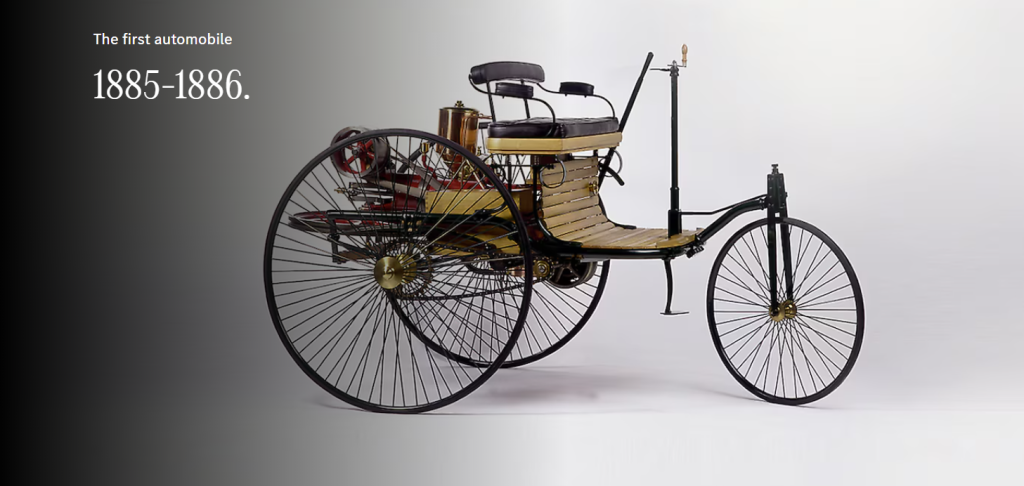
The invention of the gasoline-powered automobile revolutionized transportation, shaping the modern world as we know it. But who was behind this groundbreaking innovation? In this article, we explore the history of the first gasoline automobile, its inventor, and its impact on the automotive industry.
The Birth of the Gasoline Automobile
Before gasoline engines, steam and electric-powered vehicles existed, but they had limitations in speed, range, and efficiency. The breakthrough came with the development of the internal combustion engine, which used gasoline as fuel.
Karl Benz: The Pioneer of the First Gasoline Car
Karl Benz, a German engineer, is widely credited with inventing the first true gasoline-powered automobile. In 1885, he built the Benz Patent-Motorwagen, a three-wheeled vehicle powered by a single-cylinder four-stroke engine.
Key Features of the Benz Patent-Motorwagen:
- Single-cylinder engine (0.75 horsepower)
- Top speed of 10 mph (16 km/h)
- Electric ignition system
- Steel frame with wooden spokes
Benz received a patent for his invention on January 29, 1886 (DRP No. 37435), marking the official birth of the gasoline automobile.
Other Early Contributors to Gasoline Automobiles
While Benz is the most recognized inventor, other engineers also contributed to early gasoline-powered vehicles:
Gottlieb Daimler and Wilhelm Maybach
In 1886, Daimler and Maybach developed a high-speed gasoline engine and later built the Daimler Motorized Carriage, a four-wheeled automobile.
Siegfried Marcus
An Austrian inventor, Marcus created an early gasoline-powered vehicle in the 1870s, but it lacked the commercial impact of Benz’s Motorwagen.
Why Karl Benz is Considered the True Inventor?
Benz’s Patent-Motorwagen was the first automobile designed as a complete vehicle, not just a carriage fitted with an engine. It featured:
✔ A dedicated chassis
✔ An integrated fuel system
✔ A proper transmission
This holistic approach made Benz’s invention the foundation for modern cars.
The Legacy of the First Gasoline Automobile
Benz’s innovation led to the founding of Mercedes-Benz, one of the world’s leading car manufacturers. The gasoline engine dominated the 20th century, paving the way for mass car production.
FAQs About the First Gasoline Automobile
1. Was Karl Benz the only inventor of the gasoline car?
While Benz patented the first complete automobile, others like Daimler and Marcus contributed to early gasoline engine development.
2. What fuel did the first gasoline car use?
The Benz Patent-Motorwagen ran on ligroin, a petroleum-based solvent similar to gasoline.
3. How fast was the first gasoline car?
It had a top speed of 10 mph (16 km/h).
4. Is the original Benz Patent-Motorwagen still preserved?
Yes, it is displayed at the Mercedes-Benz Museum in Stuttgart, Germany.
Conclusion
Karl Benz’s 1886 Patent-Motorwagen is recognized as the first true gasoline automobile, setting the stage for the automotive revolution. His engineering brilliance laid the foundation for today’s cars, making him a pivotal figure in transportation history.
